A Gift-Giving Culture Beyond the Surface
What makes a gift truly meaningful? In Japan, okurimono (贈り物, gift-giving) is more than an exchange of items, it’s a reflection of respect, gratitude and connection. From the beautifully folded furoshiki (風呂敷, reusable wrapping cloth) to the delicate choice of colors and patterns that carry symbolic meaning, every detail speaks volumes.
For travelers, Japan-loving friends, or anyone drawn to the subtlety of Japanese culture, understanding these nuances can make your gifts unforgettable. Let’s explore the world of Japanese gifts from how to choose them to how to present them and bring a touch of Japanese artistry into your own life.
Explore our collection of handcrafted Japanese tableware, a perfect gift for any occasion!
The Art of Gift Presentation and Wrapping
In Japan, the presentation is just as important as the gift itself. Rather than rushing to tear off the paper, recipients savor the beauty of the wrapping a sign of the giver’s thoughtfulness.
-
Furoshiki: The Eco-Friendly Classic
A furoshiki is a square piece of Japanese wrapping cloth, traditionally made of silk or cotton. It can be tied in elegant knots (musubi) and reused endlessly an ideal eco-friendly gift in itself. Kyoto artisans often create furoshiki in traditional Japanese colors and patterns such as aizome (indigo) or sakura pink. -
Paper Wrapping and Greeting Cards
For formal occasions, washi (和紙, Japanese handmade paper) is used, sometimes paired with a beautifully designed card featuring motifs like cranes or seasonal flowers. -
Gift Sets and Reusable Options
Consider wrapping a small gift set perhaps a pair of tea cups or chopsticks inside a furoshiki. Not only does this add cultural depth, but it also makes the gift reusable in a meaningful way.

Gifts by Recipient or Occasion
Choosing the right gift depends on who you’re giving it to and why.
-
For Japan-Loving Friends or Family
Japanese gift sets such as chopsticks gift sets, mugs, or sakura chopsticks can add a touch of Japanese dining culture to their home. Pair it with a personal message on a greeting card for an added layer of warmth. -
For Japanese People Living Overseas
They may appreciate handmade items that reflect modern Japanese lifestyle, like elegant incense burners, fragrances, or a flow flower holder. -
For Seasonal and Formal Occasions
In Japan, oseibo (歳暮, year-end gifts) express gratitude, while mid-year ochugen gifts honor relationships. Even when gifting abroad, including a note explaining these traditions can make it feel more personal and culturally rich.
When sending internationally, consider timing carefully a specific delivery date close to the holiday can make it extra special.

Japanese Lifestyle and Cultural Gifts
Want a gift that carries the essence of Japanese living?
-
Tea and Well-Being
Japanese teaware from handcrafted matcha bowls (chawan) to rustic cast iron teapots creates a serene tea ritual at home. Imagine serving tea in delicate camellia-themed tableware a gift that blends tradition and daily life. -
Art and Atmosphere
Cherry blossom gifts, Japanese dolls & décor, and even wind chimes (furin) evoke the charm of the seasons. Pair them with a soothing incense burner or natural bristle brushes for a calming home sanctuary. -
Everyday Luxury
Beautifully made mugs, tea cups, or glassware from traditional kilns bring understated elegance to daily routines.
Practical Tips for Japanese Gift Giving
When gifting from Japan or sending Japanese gifts overseas there are a few practical points to keep in mind:
-
Gift Wrapping Services
Many shops in Japan offer Japanese gift wrapping with ribbons, paper, and furoshiki options. Always remove price tags before wrapping, as it’s considered polite. -
International Shipping
For overseas gifts, reliable carriers like Japan Post, DHL, or FedEx ensure smooth delivery. Be mindful of import duties in the recipient’s country and confirm the correct shipping address. -
Step-by-Step Guide for Stress-Free Gifting
1. Choose the right gift (traditional, modern, or handmade).
2. Decide on presentation (furoshiki, paper wrapping, or reusable options).
3. Include a personal message or cards for events.
4. Plan for shipping, considering holiday timing and potential delays.
Even small stocking stuffers like food-inspired bookmarks or rustic Japanese-inspired hooks can make a delightful surprise when thoughtfully presented.
Types of Japanese Gifts: From Timeless to Unique
The range of Japanese gifts is vast each category telling a different story.
-
Traditional Treasures
Kimono, kokeshi dolls, and lucky cats (maneki-neko) carry cultural heritage. -
Modern Tableware & Homeware
Cat-themed Japanese tableware, camellia vases, or sakura chopsticks are perfect for daily use yet deeply tied to Japanese aesthetics. -
Unique Artistic Pieces
A kintsugi kit (for repairing pottery with gold), Kutani ware painted dishes, or a kujira whale knife blend artistry with function.

Unique and Thoughtful Gift Ideas
Looking for something truly one-of-a-kind?
-
For Art Lovers
Try hanazume porcelain pieces or handcrafted home accessories. -
For Creatives
Artisanal tools, rustic Japanese-inspired hooks, or a kintsugi kit encourage hands-on creativity. -
For Culinary Enthusiasts
Elegant cast iron cookware or food-inspired bookmarks add a Japanese touch to their kitchen and reading corner.
Each of these items reflects the Japanese spirit of beauty in everyday life.

Bringing It All Together
Japanese gift-giving is a mindful, layered practice. It’s not just about what you give, but how you give it wrapping it with care, choosing meaningful colors, and including a heartfelt note. Whether it’s a delicate tea cup, a fragrant incense burner, or a beautifully wrapped gift set, these choices invite your recipient to experience a piece of Japan’s culture and craftsmanship.
If you’re looking to bring that same elegance into your life, start small. Sip tea from a handcrafted Kyoto cup, place fresh flowers in a camellia vase, or try wrapping your next gift in a reusable furoshiki. Each gesture adds a little more beauty and a little more meaning to the everyday.


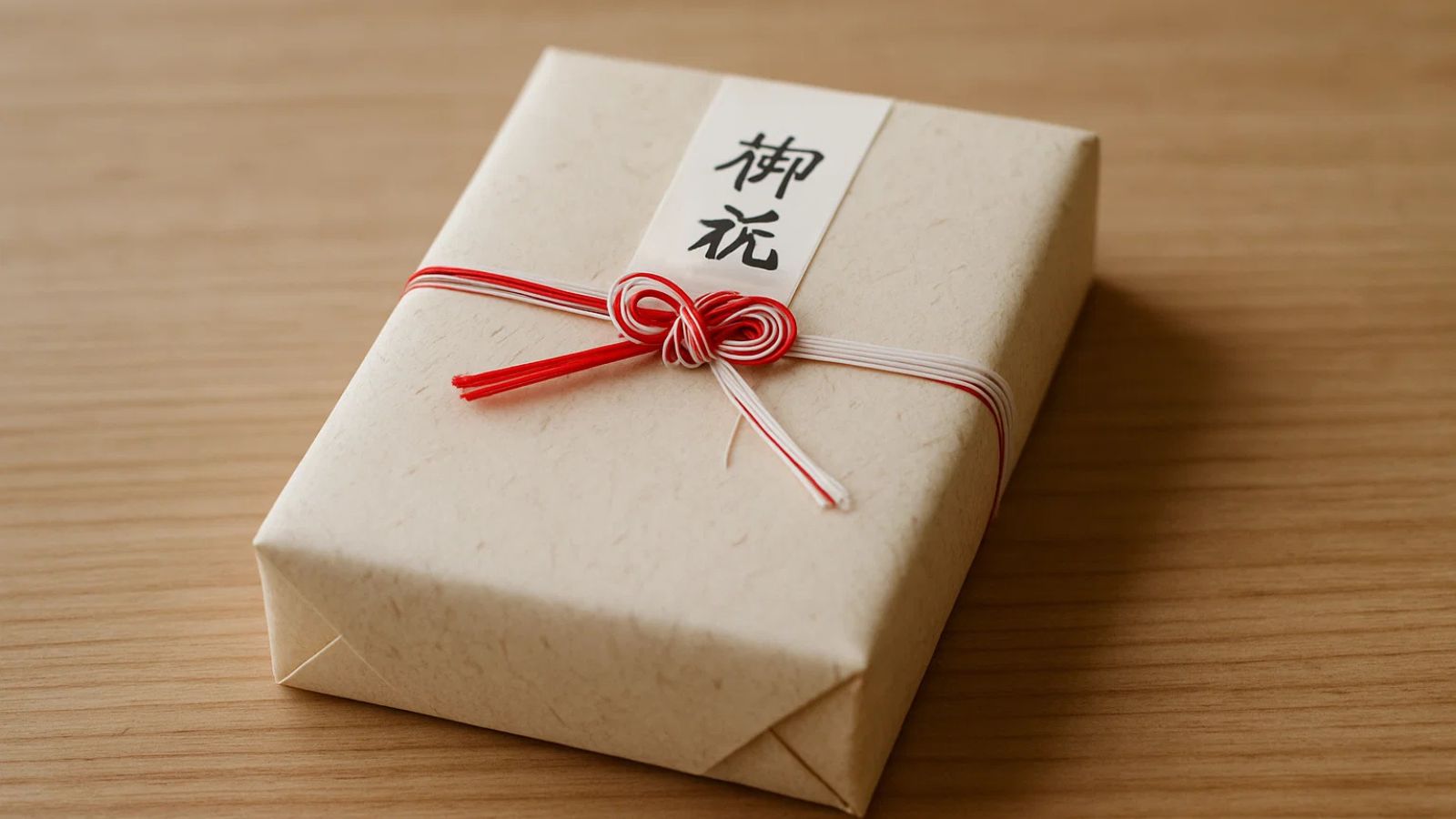



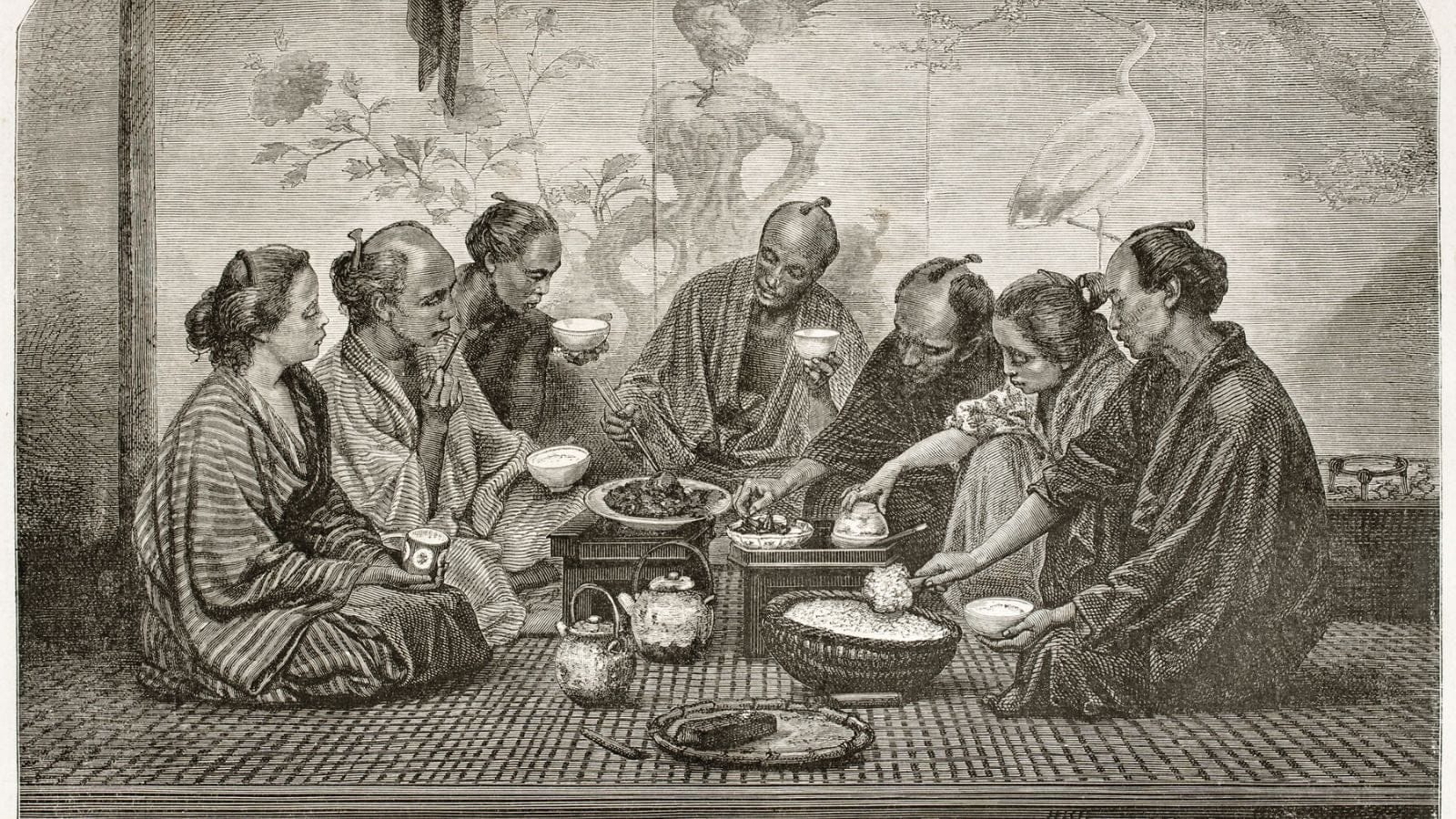

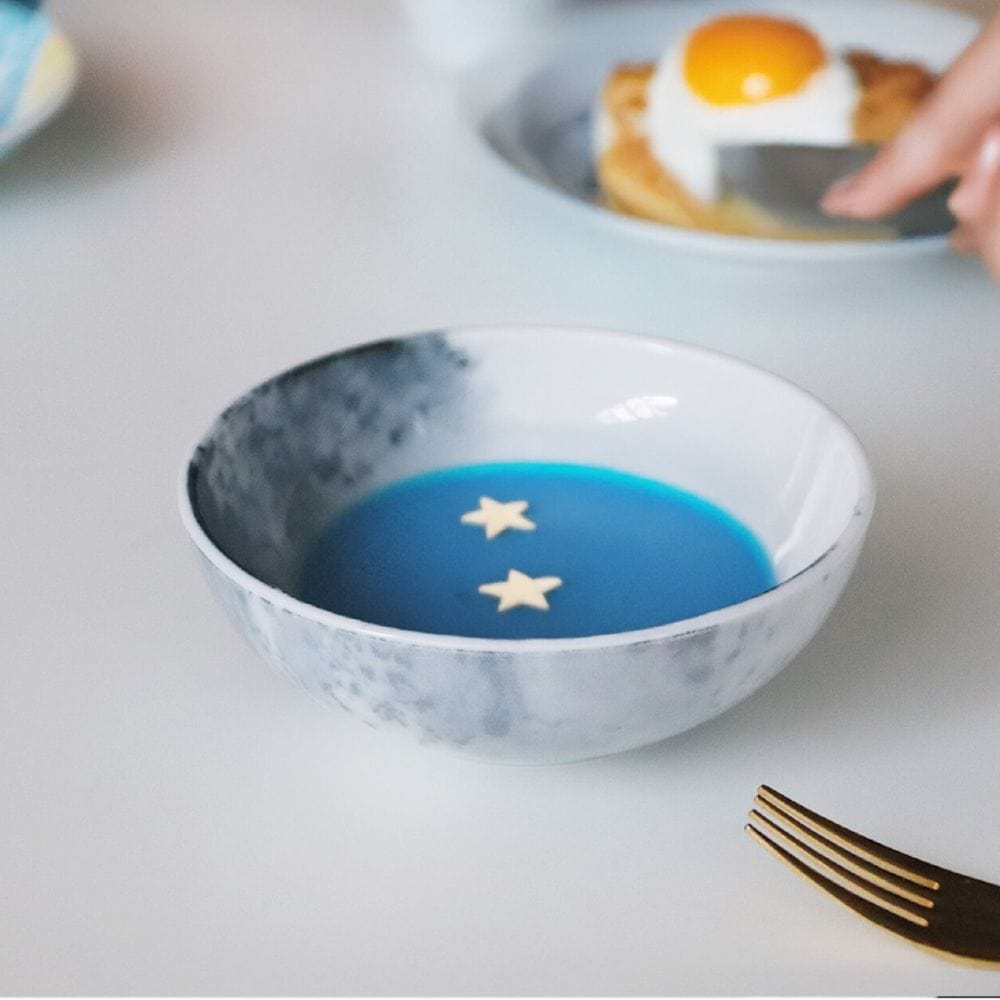
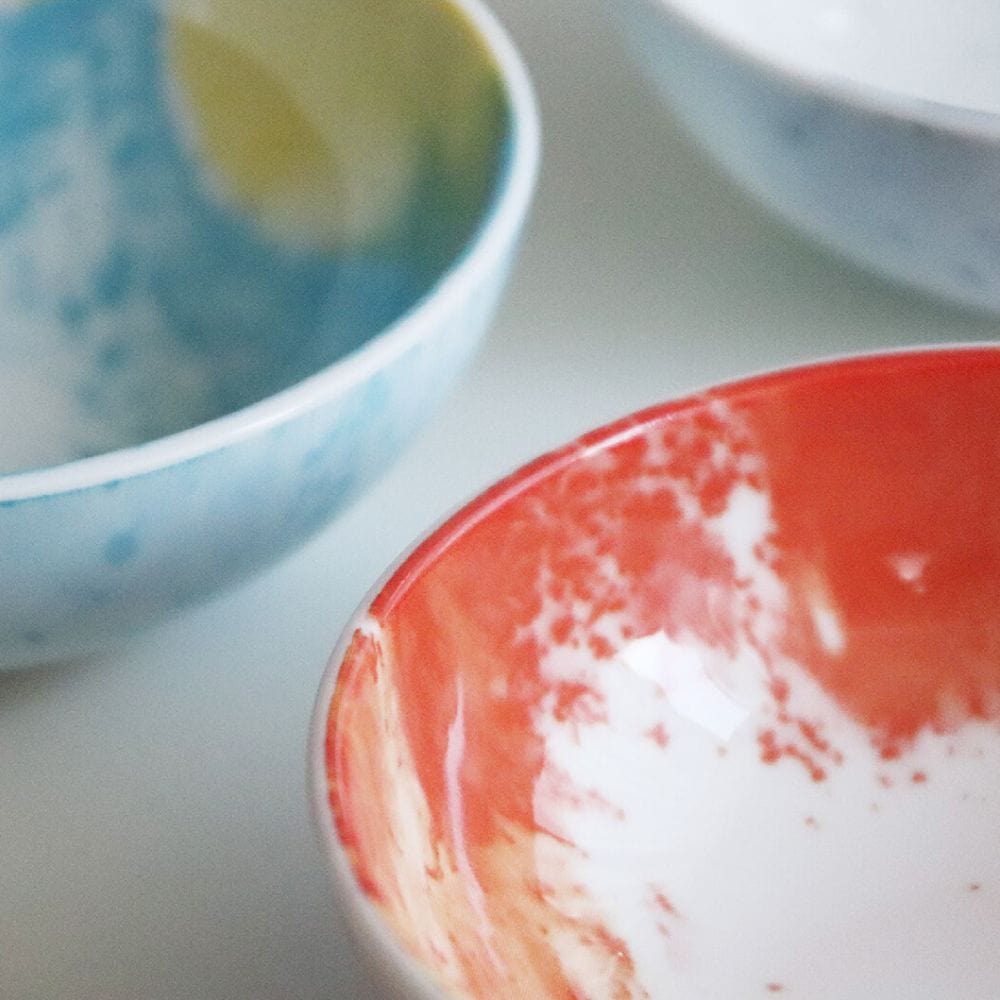
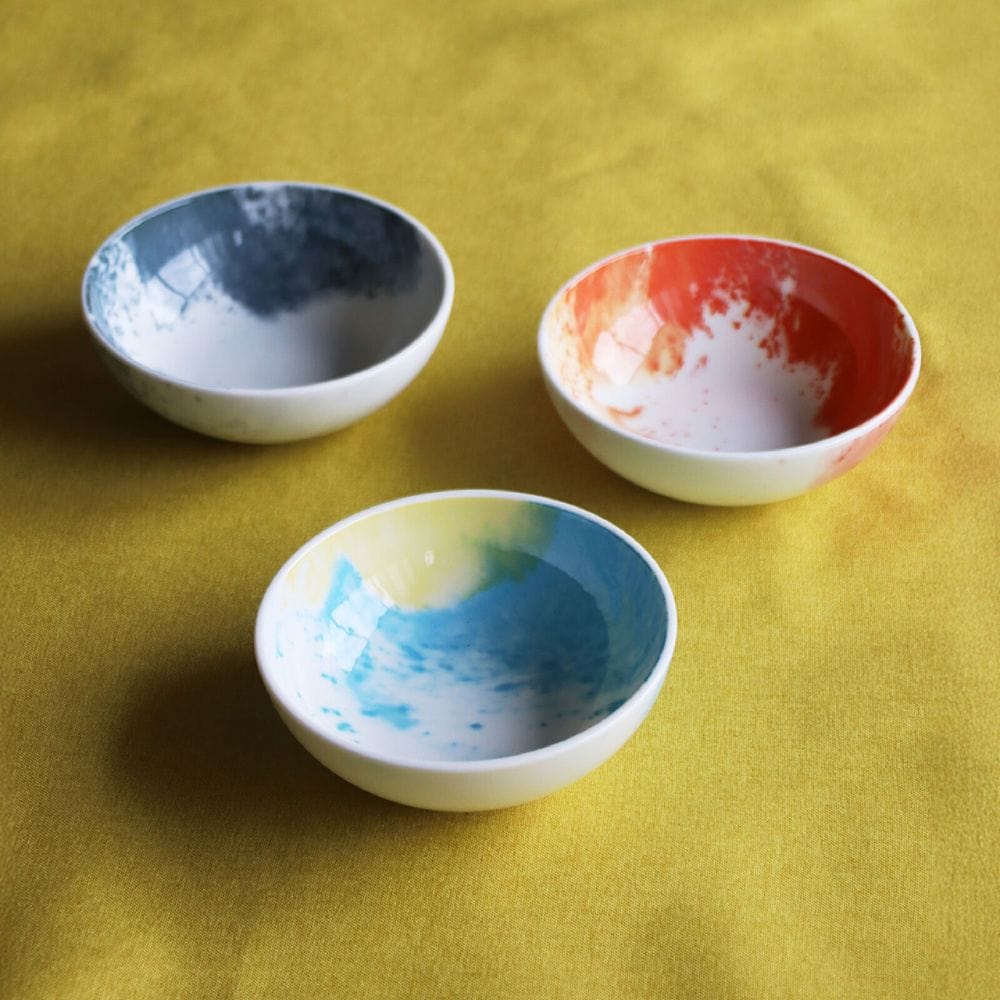
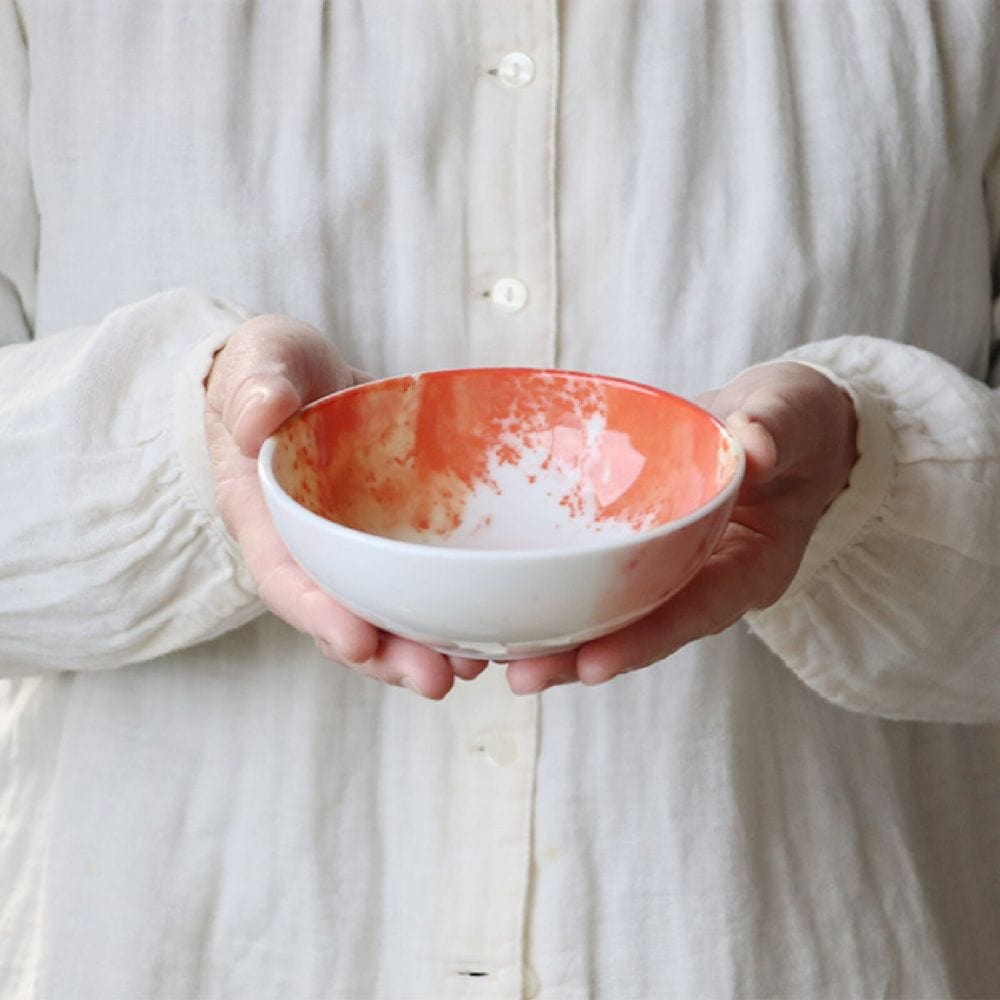
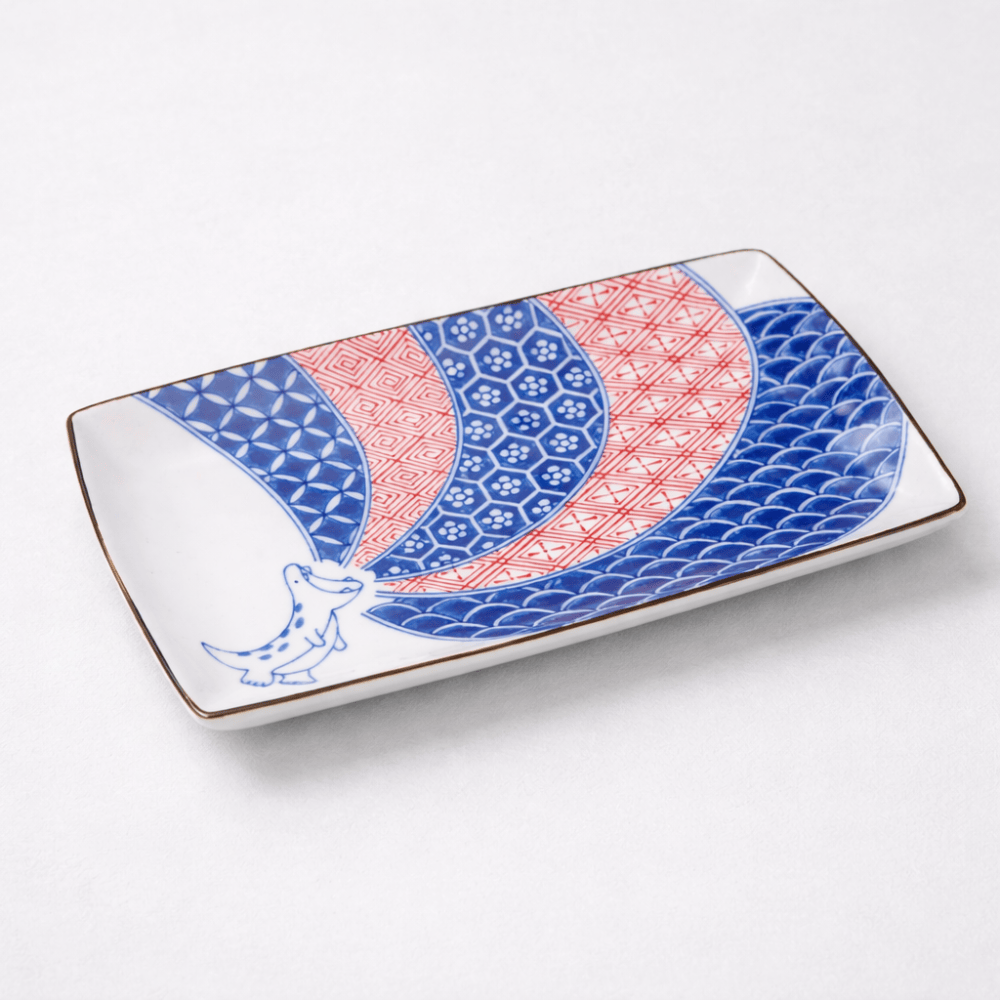
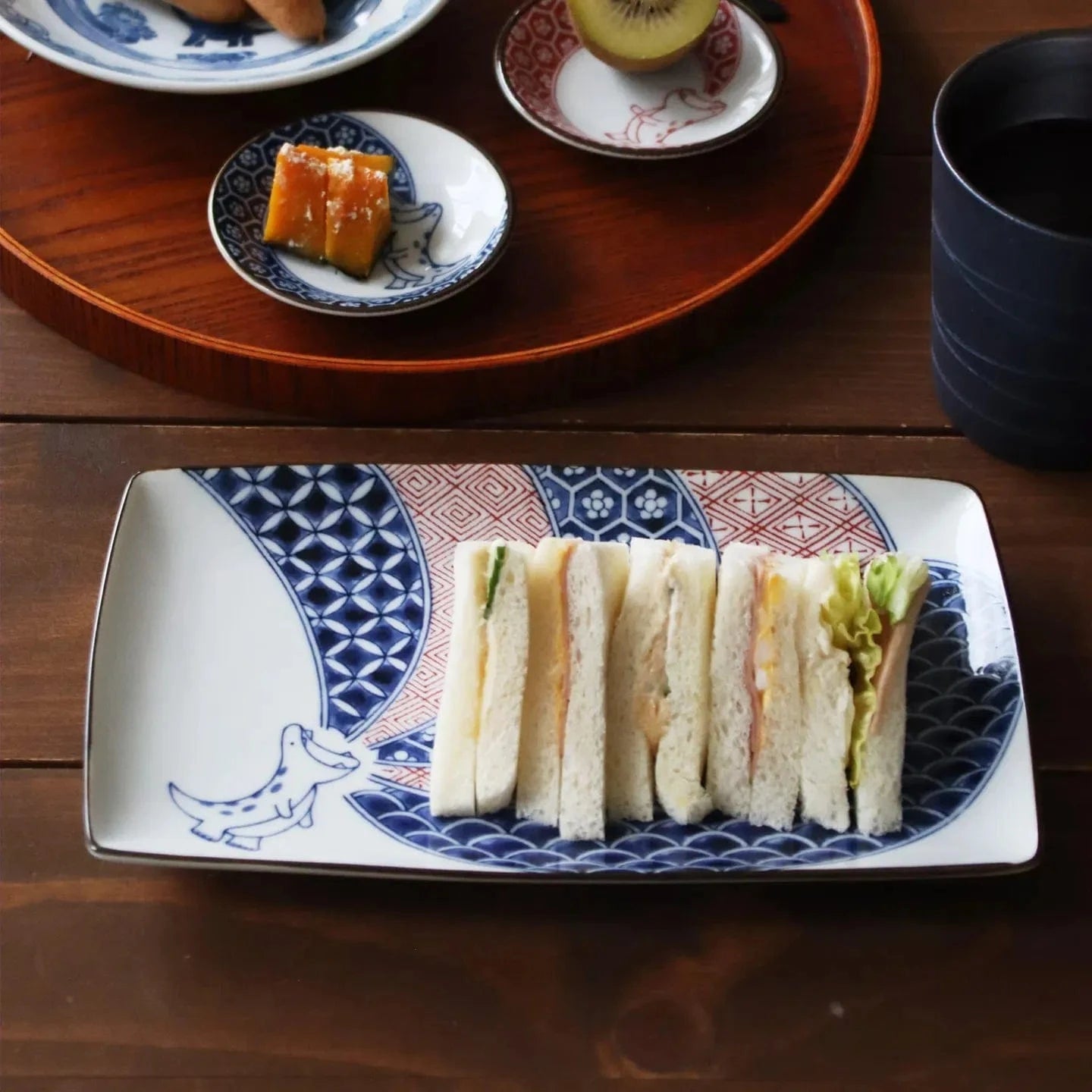
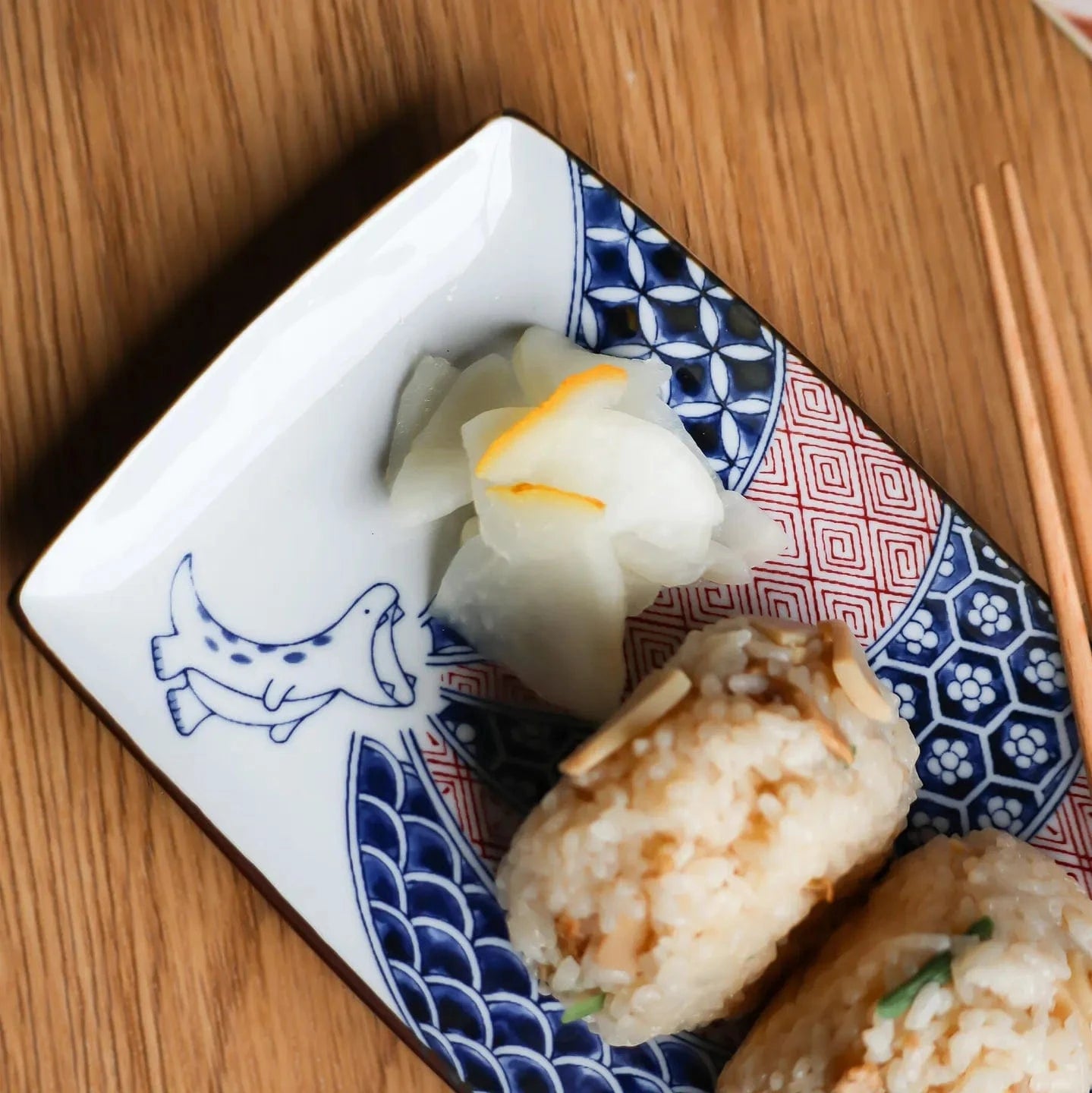





Share: